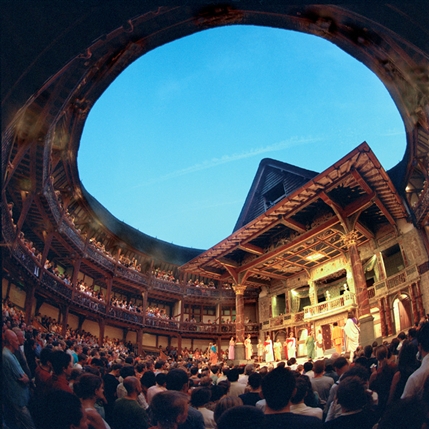
298.3K
Downloads
447
Episodes
New for 2023: Victorian Poetry Scroll back for previous courses on Shakespeare, Eighteenth Century Poetry, Close Reading, Various film genres, Film and Philosophy, the Western Canon, Early Romantics, 17th Century Poetry, etc.
Episodes

Wednesday Sep 15, 2010
Achilleus, Patroklos, Hector, Priam, and the laws of hospitality
Wednesday Sep 15, 2010
Wednesday Sep 15, 2010
The psychology of anger: its expressive drive. Anger acknowledges that it is self-defeating, and wants that acknowledgment to be expressive. "The fact that I am angry, when I know that self-restraint and not anger will command the respect I am justly owed, shows how angry I am at the injustice of the disrespect my anger aggravates." Anger as a social mode, a communicative relationship between people: so Homer always represents it as occurring within societies: Achaian, Trojan, Olympian. So that Achilleus's anger at Hektor, his refusal to treat with him, is itself a modality of social interaction, disguised as the rejection of social interaction. Hence the acceptance of Priam's supplication, and Blanchot's "parole sublime": "Now you and I must remember our supper" (24.601).

Comments (0)
To leave or reply to comments, please download free Podbean or
No Comments
To leave or reply to comments,
please download free Podbean App.